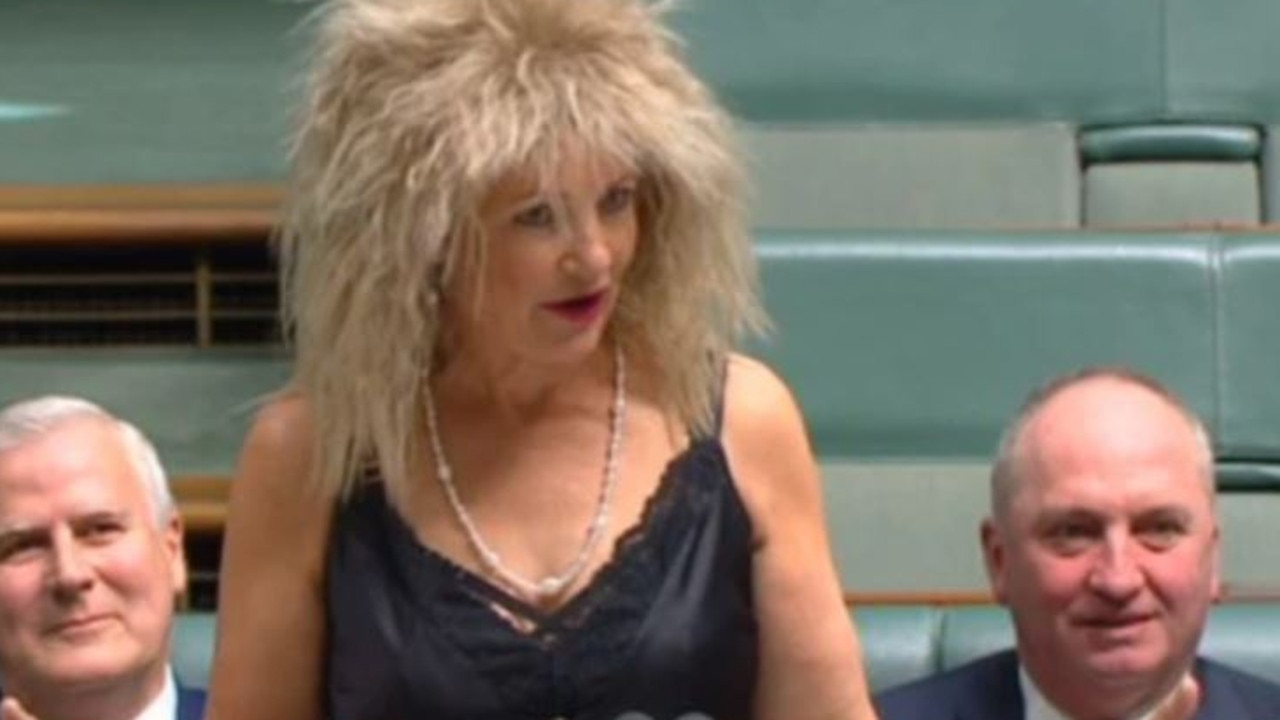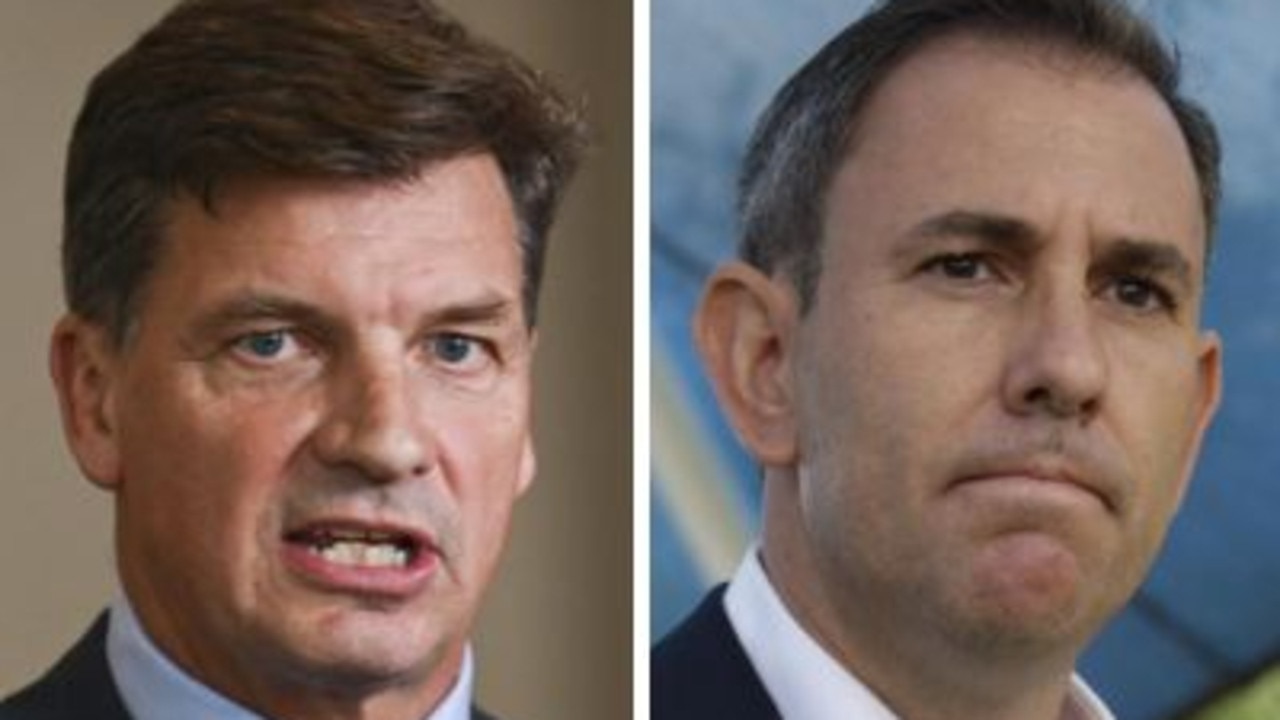University fees to rise by up to $3600 per student
WORKING at Maccas on the minimum wage will spare you from having to repay HECS — but only just — as government unveils uni shake-up.
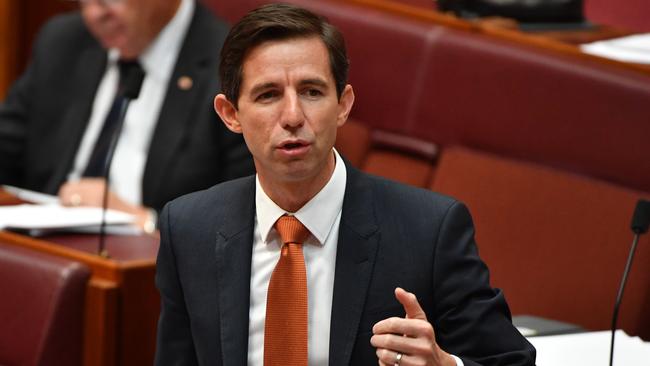
Fed Budget
Don't miss out on the headlines from Fed Budget. Followed categories will be added to My News.
LEIGH Sales has grilled Education Minister Simon Birmingham over proposed HECS changes that will see graduates repaying their university debts when they earn just $42,000.
Mr Birmingham defended the plan for higher education in next week’s Budget, when the 7.30 host pointed out that the new repayment threshold was barely above the minimum wage of $35,000 per year.
“We’ve been hearing about housing affordability and how hard it is for young people to save for a deposit for a home. Now to make it even harder for them, once they earn a bit over the base rate for a McDonald’s worker in New South Wales, they have to start paying back the cost of their university degree,” she said.
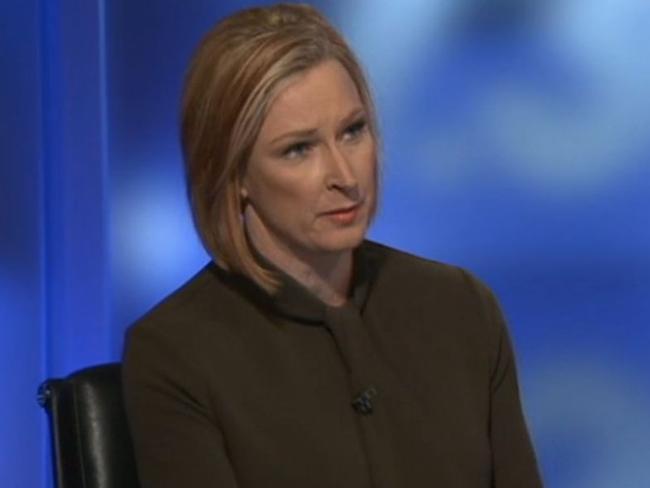
“We think it’s important we get these debts paid back so we can maintain in the future the same type of generous student loans payment arrangement and fee arrangement that ensures that no student going to an Australian university, regardless of their background, need pay $1 upfront,” Mr Birmingham replied.
But Ms Sales continued her attack, pointing out that 25 years ago, her own HECS debt came to $6000, which she repaid on a starting salary of $45,000.
“Today a person in their 20s could still easily be in a starting job on about $45,000 a year and yet the same degree would cost $20,000, not $6,000,” she said.
“There’s something wrong with that isn’t there that young people in Australia now pay vastly more for their education and yet your salary as a young person has barely budged?”
Mr Birmingham continued to defend the plan, saying university-educated people had far better employment prospects than those who did not go on to higher education.
“A person who goes to university still has a significant advantage over other Australians in terms of their employment rates,” he said.
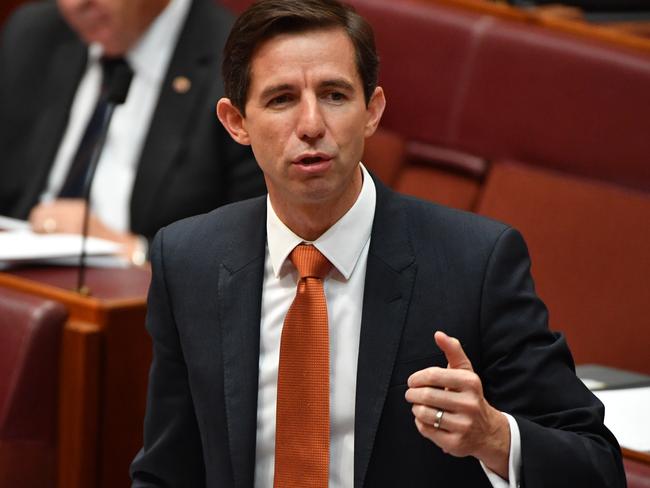
“They are notably higher than the employment rates of non-university graduates.
“The average lifetime income is notably higher than the average lifetime income of non-university graduates.
“There are real benefits that are there. We’re trying to maintain fairness and equity across this system.”
The HECS overhaul in next week’s Budget will also increase the overall cost of learning with university fees to rise as much as $3600 a student.
The new $42,000 repayment threshold is almost $13,000 less than the current $54,869 salary threshold at which graduates begin to repay their university debt.
The changes are the biggest to the student loan system in 10 years.
Universities will also have to make significant funding savings.
About $2.8 billion will be lopped from university funding, or four per cent of the $74 billion spent over four years.
The objective of Mr Birmingham, who briefed vice-chancellors today and outlined plans in a later speech tonight, is to lessen the taxpayers’ contribution to tertiary funding and put greater demands on students and the institutions themselves.
Senator Birmingham said in a speech in Canberra “no student will pay a cent upfront for their higher education, students will no longer face fee deregulation and universities will not face a 20 per cent cut to their funding”.
However, the May 9 Budget will confirm:
* From July students will have to start repaying their HECS debt when earnings reach $42,000, instead of the current $55,000;
* Universities will be subject to a 2.5 per cent efficiency dividend on CGS payments only in each of 2018 and 2019;
* Universities will be penalised if they fail standards of transparency and performance, including student retention;
* The employment priority will addressed with extra funding for work experience programs to improve the job-readiness of students.
Senator Birmingham said the average student share of fees will lift slightly from 42 per cent to 46 per cent, while the average share funded by taxpayers will drop slightly from 58 per cent to 54 per cent.
Increases will be phased in, starting with 1.8 per cent in 2018 and cumulating to a 7.5 per cent increase by 2021.

The minister said this meant increases over a four-year course would range from $2200 to, at most, $3600.
The maximum fee for a four-year publicly funded course would be $50,000, while the most expensive degree would be a six-year medical qualification to cost $137,000.
If universities don’t meet Government standards they could lose funding.
Senator Birmingham said from January, 7.5 per cent of a university’s funding from the Commonwealth Grant Scheme will be contingent on universities meeting performance requirements for admissions and financial transparency.
The minister is using a Deloitte Access Economics study to argue funding well exceeds teaching costs, and should be pruned.
“Domestic undergraduate enrolments have grown strongly in the last 25 years — with growth accelerating following the introduction of the demand driven system,” said Senator Birmingham.
“This growth supports a strong labour market and dynamic economy, but it has imposed spiralling costs on taxpayers. Since 2009 student funding has increased by 71 per cent, twice the rate of growth of the economy.
“Outstanding taxpayer funded student loans have tripled since 2009, now standing at more than $52 billion. Without changes to address this situation, around a quarter of that is expected to go unpaid.”
The repayment threshold will from July 2019 be indexed to inflation, rater than average weekly earnings.
The new minimum repayment income is 20 per cent above the full time minimum wage.
“At a repayment rate of just one per cent an employee will pay back just $8 per week of the student loan that funded their university degree,” said Senator Birmingham.
The Government is confident the extra charges will not deter young people taking on a degree, and Senator Birmingham said the student loans scheme had “completely insulated students from being deterred to enrol”.
“Since student contributions were introduced, and following subsequent increases to them, participation has only gone up,” he said.
“Since 1989 enrolments have grown by 149 per cent, with enrolments by students from lower socio-economic backgrounds increasing 172 per cent.
“The reality is that students know the employability and likely income are enhanced by holding a university qualification. The lifetime benefits far outweigh the costs, which continue to be entirely deferrable under one of the world’s most generous student loans schemes.”
Originally published as University fees to rise by up to $3600 per student

